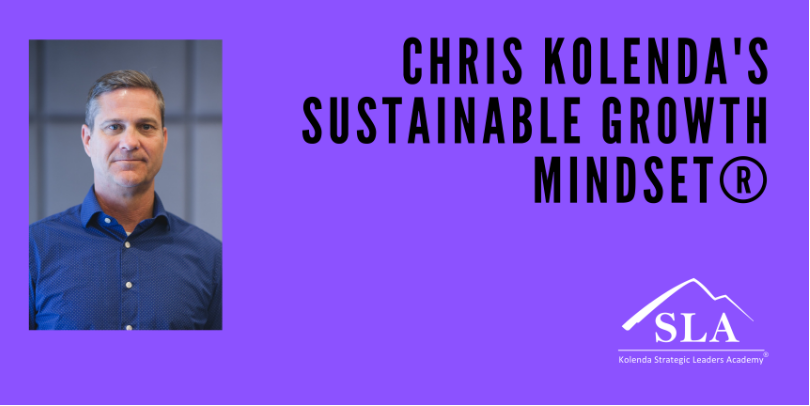Political Statements Undermine Psychological Safety
CEOs, wanting to appear decisive, damage psychological safety by speaking too quickly.
Shut your mouth if you want people to speak their minds. CEOs, wanting to appear decisive, damage psychological safety by speaking too quickly.
Why It Matters
People must believe they’ll be heard and treated respectfully before they disagree with you or a colleague, offer fresh ideas, or try new things.
Stating your preferences upfront chills conversation and invites band wagoning. People will keep ideas to themselves — why waste energy when the boss has already voted?
Making statements on contentious social or political issues tells people who believe differently that their views are not welcome.
React quickly to stop bullies from badgering or intimidating others into silence.
By the Numbers
Companies with high psychological safety experience:
- 27% lower turnover
- 76% higher engagement
- 50% more productivity
Your employees experience:
- 74% less stress
- 67% willingness to try new things
- 29% more life satisfaction
Take these steps:
- Let others offer their views and ideas before you weigh in.
- Use RAVEN when someone disagrees with you or offers fresh ideas.
- Enforce mutual respect. Don’t let the self-righteous create a hostile work environment.
- Don’t comment on political and social issues or make people display symbols. Do reinforce your values.
Suppose mutual respect is a core value, for example. In that case, emphasize that the freedom to disagree agreeably is central to your company’s ability to report bad news quickly, explore fresh ideas and innovate.
Going Deeper into psychological safety
We’re in a workplace crisis. 40% of Americans report that their job harms their mental health. Psychological safety gets dangerously low when people worry that anything they say or write puts them at risk of being scolded. Workplace fear heightens anxiety.
Universities have significant problems. At MIT, for example, over 40 percent of the faculty report self-censoring more today than in 2020. Large publishers increasingly reject books that might stir controversy, fearing another American Dirt fallout.
CEOs often feel pressure from employees and customers to take a stand on divisive issues. Major League Baseball moved the All-Star game from Atlanta to Denver over concerns that Georgia’s new voting law would suppress Black voters. Disney waded into Florida politics over the so-called “Don’t Say Gay” bill. CEOs from several companies spoke out against the Supreme Court decision overturning Roe v Wade.
Principled arguments exist on most issues, and CEOs have found themselves looking foolish or retracting statements as more facts emerge. Taking one side alienates employees and customers who see the issue from another perspective. You can reaffirm your values and commitment to mutual respect without getting burned on the hot buttons.
P.S. My psychological safety article was so popular that Dr. Mark Goulston and I created the Net Psychological Safety Score so you can assess your organization.









